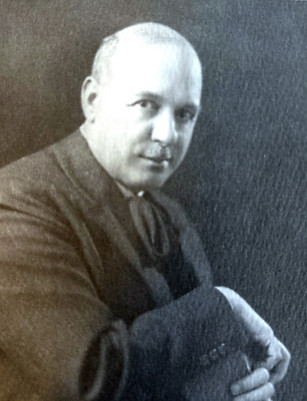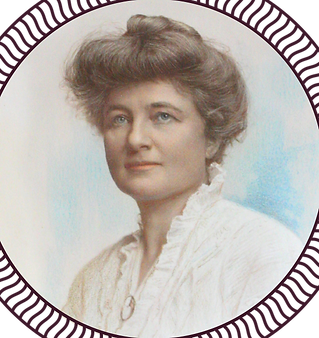

Dr. William A. Wolf
Dr. William A. Wolf (1873-1965) was the founder and director of the Wolf Institute of Music in Lancaster, Pennsylvania. He devoted his entire life to the study and teaching of music in its most advanced forms.
Dr. Wolf studied under Feruccio B. Busoni, acclaimed the foremost exponent of Bach. He took a post-graduate course in pianoforte an dorgan playing under Minton Pyne, former organist and choir master of St. Mark's Protesstant Episcopal Church, Philadelphia, and Masssah W. Warner, of Philadelphia. He also studied in Europe under Herman Scholtz, Royal Saxon Chamber Virtuoso of Dresden; Dr. Hugo Riemann, Professor Extraordinary of the Leipzig Conservatory of Music; and Dr. Karl Piutti, Organist of the celebrated Thomas Kirche, Leipzig.
Dr. Wolf established his first Studio of Music at 214 N. Mulberry Street in Lancaster, Pennsylvania, on February 3, 1899. In 1913, he moved his studio to 423 North Mulberry Street in Lancaster.
Dr. Wolf founded the Pennsylvania Council, National Association of Organists in 1920.
Four universities in the United States honored him with academic degrees. He served at one time as the music editor of The Lancaster New Era.
Dr. Wolf also composed a number of works. His compositions include anthems, canticles, hymn tunes, carols, chorales, and work for the pianoforte, organ and voice.
His first wife, Lottie Wolf assisted him in the early years of the Institute. She died suddenly in 1918. After her death, Dr. Wolf married one of his earliest students, Frances Fairlamb Harkness.
Frances Harkness Wolf
Frances Fairlamb Harkness Wolf (1893-1973) was an early student of the Wolf Institute. She was Mr. Wolf's second wife. Mrs. Wolf played an active part in the work at the Institute where she taught classes in music theory and participated in recitals with the advanced students.
Mrs. Wolf decorated their Victorian home and studio with furniture and china she inherited from her aunt, Marette Carver, from Philadelphia, PA. Mrs. Wolf also had a collection of artwork by the "The Ten", a group of women artists in Philadephia, PA in the 1920s.
Mrs. Wolf wrote in her will that she wanted the house to become a museum so that people could see what a classical music conservatory looked like at the turn of the 20th century.
